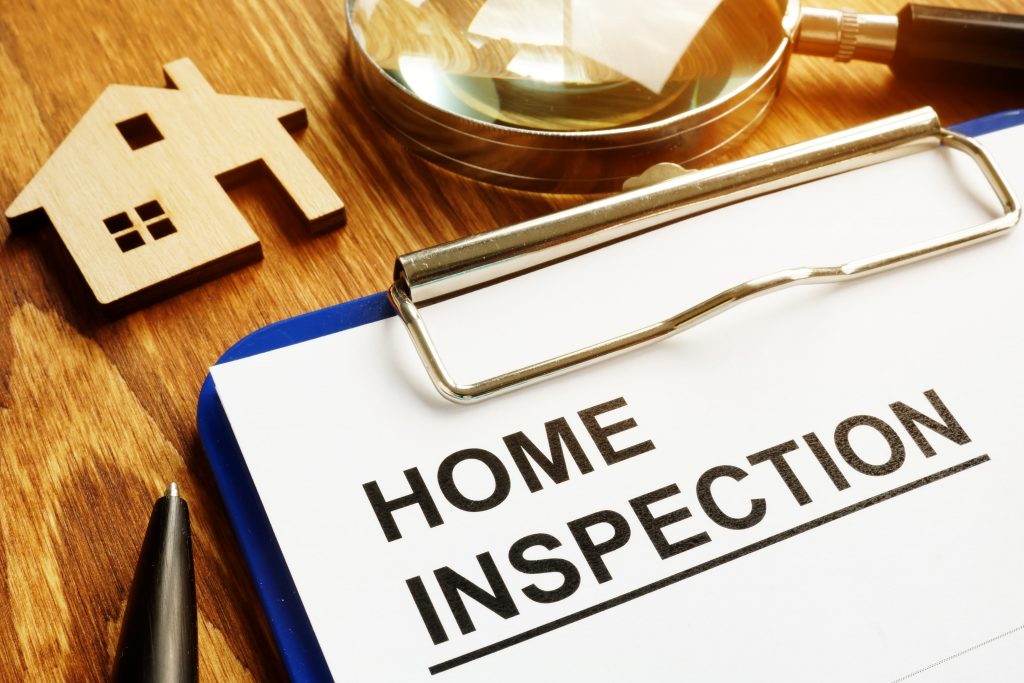The Ultimate Guide to Inspecting a Home in Real Estate Canada – Top 7 Things to Keep in Mind
When hunting for a new home in Canada, thoroughly inspecting the property for potential problems is crucial. While the freshly painted semi-detached house for sale in Brampton may look appealing and seem like a great deal, hidden issues may not be immediately apparent.

This awareness is especially valuable for the first-time home buyer and investor who may not immediately thoroughly inspecting the property for potential problems is crucial. A newly minted real estate agent or Realtor must keep their eyes open when evaluating properties for their clients.
While a professional appraiser can undoubtedly be engaged later in the home-buying process when you’ve narrowed down the choices and are closer to making a final decision on a house, being aware of potential red flags can save you time and effort by helping you eliminate unsuitable options right from the start.
This guide lists the top things you need to remember when inspecting a home in Canada. It’s worth mentioning that this article is based on the collective experience of our real estate agents, who have encountered these warning signs while assisting clients in their home search across Canada.
Let’s start!
Table of Content
1. Suspiciously Low Pricing
If a home is priced significantly below the average for the area, it’s wise to inquire about the reasons behind the low cost. Such pricing could be due to various factors, including urgent seller needs or undisclosed property issues. To ensure you’re making an informed decision, research the local real estate market and ask the seller or their Realtor about the lower price.
2. Brief Ownership
Investigate the property’s ownership history, paying particular attention to how long the current owners have lived there. Frequent changes in ownership could hint at undisclosed problems with the property. Use resources like the best real estate websites Canada to discover information about previous owners and their tenure. If the property has seen numerous transitions, it’s worth delving deeper to uncover the underlying causes.
If a house was previously under contract and is suddenly back on the market, inquire about why the previous contract fell through. This could signify issues discovered during the home inspection.
3. Too Few Photos
A listing with limited photographs or missing images of specific areas within the home should raise a flag of caution. In such cases, the seller might attempt to conceal certain aspects of the property. Don’t hesitate to request additional photos or a virtual tour from your Realtor to understand the property’s condition better.
4. Unfavourable Location
Take the property’s location seriously. Homes near busy roads or highways may have noise, pollution, and potential resale value concerns. Employ tools like Google Maps to assess the property’s location and weigh whether you can accept any potential drawbacks.
If you notice several homes for sale on the same street, it could indicate issues with the neighbourhood. Feel free to consult the neighbours or your Realtor to understand the reasons behind this cluster of listings.
5. Flipped Property or Repeated Renovations
A recently purchased, renovated, and relisted property may have received only cosmetic updates while more significant issues remain unaddressed. Investigate who conducted the renovations and confirm that all work was carried out correctly and with the required permits.
Please exercise caution when encountering DIY additions to a property, as they may hide structural, wiring, or plumbing defects. Poorly constructed DIY additions can be costly to rectify and reduce a home’s value.
Be attentive to homes that have undergone renovations in stages by different owners. In such cases, the changes might need more uniformity or proper authorization. Verify whether the renovations were permitted and comply with current building regulations.
6. Signs of Structural Issues
Structural issues can be financially burdensome and significantly impact a home’s value. Keep an eye out for signs of structural problems, such as:
Doors That Won’t Budge: Doors that don’t close correctly could indicate shifted framing members and underlying structural issues.
Cracks in the Foundation: Minor hairline cracks are acceptable; however, wide or recently patched cracks may point to unstable structural foundations.
Drooping Ceilings: Sagging ceilings, even slightly, may signify roof leaks, structural movement, or insect infestations.
Sloping Floors: Floors that are noticeably out of level could indicate serious structural problems, necessitating expensive repairs.
7. Signs of Pests, Water and Mould Issues
Look for signs of pest infestations, especially termites, which can cause significant structural damage. Check for small piles of tiny brown droppings near a wall, a hollow sound when you knock on wood surfaces, and the presence of mud tubes on the foundation.

Pay attention to signs of water damage and mould, such as a musty, mouldy smell can indicate potential dampness or water leakage issues. Yellow or brown water stains may indicate plumbing and leakage issues that can lead to structural damage and mould growth.
Fresh paint may sometimes be used to cover underlying issues like water stains. Similarly, overpowering air fresheners could mask unpleasant odours from pet stains or mould growth.
The Home Buyer
If you are a home buyer, be cautious if the same real estate agent represents the seller and buyer. This situation can create a conflict of interest, where the agent may prioritize the seller’s interests over yours. Consider engaging a dedicated buyer’s agent to represent you in the transaction to safeguard your interests.
In addition to thoroughly inspecting a potential purchase, a mortgage calculator can help you determine your budget and affordability, ensuring you make a sound financial decision. Accurately calculating the home’s worth is equally important to ensure you invest wisely.
Summing Up
In real estate Canada, accurately evaluating a property’s true worth is paramount for any Realtor. Recognizing the subtle warning signs beyond the surface charm and basic amenities during a home inspection sets a seasoned professional apart.
Whether your clients are seeking houses for sale in Mississauga or Brampton homes for sale, or exploring the best real estate websites in Canada, this comprehensive guide equips you with the knowledge to make informed judgments.
While this guide offers valuable insights, it’s important to remember that consulting an experienced professional, when needed, is always advisable. Our dedicated team at www.savemax.com is here to assist you at every step of the way. We take pride in providing expert guidance to ensure your clients make sound real estate decisions. Remember, a home is more than aesthetics; it’s a substantial investment, and your expertise ensures it remains a wise investment for your client.
